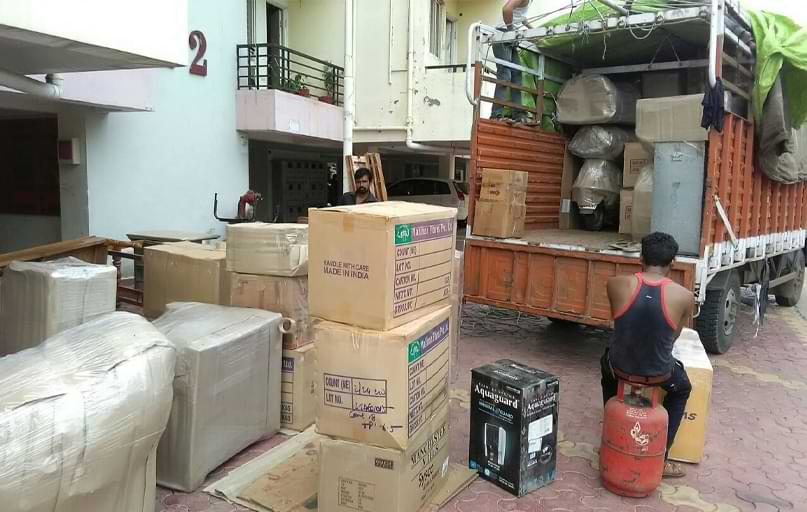Household Shifting Kharadi insurance is not something a homeowner can do without. Disaster can strike at any time, and even if you do not live in a designated earthquake zone, there are many reasons why this sort of insurance is a necessity. Burst geysers are a leading cause of damage in the home and every home has one, sometimes even two, and this in itself is a compelling reason why you should have household insurance.
Sometimes called “home insurance”, or “homeowner’s insurance”, household insurance typically insures the brick and mortar structures on your property. Apart from your home and outbuildings, household insurance can also extend to walls and fencing, swimming pools, tennis courts, and anything else that is permanently fitted. It is even possible to insure gate motors, boreholes and swimming pool pumps on some home insurance policies. If you have a domestic worker, then you may be able to include them in your household insurance policy so as to provide cover for injuries incurred while they are working on your property.
Some home insurance policies allow you to claim for any rent that you might have had to pay because you had to move out of your home while it was being repaired after damage. You need to decide whether you want to include this in your cover or not as it can have a bearing on the cost of your monthly premium. Cover can also be extended to your holiday home on certain household insurance policies. As far as type of hazard goes, household insurance policies can insure the homeowner against fires, flooding, land subsidence and slippage, and even power surges. Cover may not extend to damage caused by illegal occupation or vandalism of an unoccupied property in some insurance policies though.
If you are renting your home then household insurance is usually your landlord’s responsibility which means that you, the tenant, need only take out contents insurance to insure your possessions. It is wise to check your lease to make sure your landlord is insured and that you will not have to pay for repairs to damages that you should not have to pay for. Anyone who has purchased a home will be familiar with home insurance as it is compulsory for anyone applying for a bond. Home insurance will not cover your possessions or the contents of your home, you will need to get contents insurance for that. Many insurance companies offer comprehensive policies where household and contents can be insured together. It is important to remember that not all household insurance policies automatically include your geyser which means you will have to insure it separately. Because burst geysers are such a common phenomenon, it is important that you insure it.
As with any type of insurance you are considering taking out, it is vital that you study the rules of the various policies offered by a number of respectable insurance agencies. Do not simply go for the first one you find as household insurance policies differ as far as their inclusions and exclusions go. Then there is the matter of semantics: when some insurance companies use the term “household insurance” they are referring to the contents of your home and not the home itself, so be sure you understand what type of insurance is being referred to.

